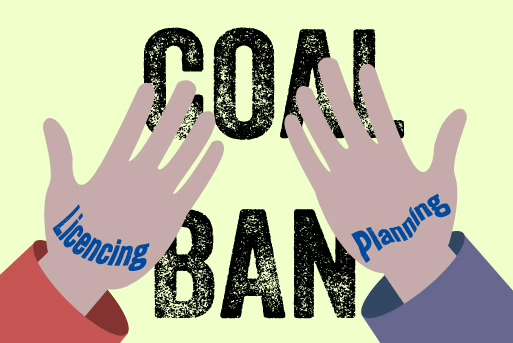
UK Government: is the left hand speaking to the right hand?
January 8th 2025
The UK Government launched a consultation on a limited review of the National Planning Policy Framework (NPPF) for 8 weeks from 30 July to 24 September 2024. The NPPF is an influential document that shapes planning decisions and priorities across England. It is periodically updated by the Government, following a public consultation…
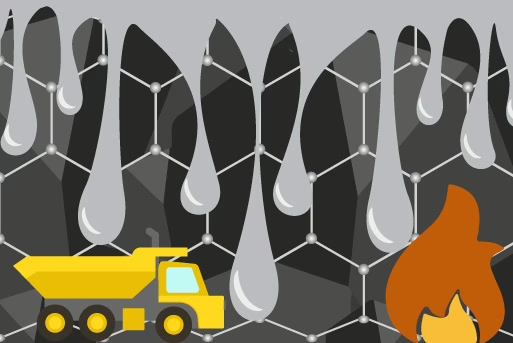
We expose company’s misleading claims
January 6th 2025
Bryn Bach Coal Ltd attempts to present the anthracite coal it wishes to extract from an expansion of Glan Lash as a unique and scarce commodity that is needed for water filtration, bricks, and graphite, and would therefore be too valuable to burn. Yet, visiting Energybuild Ltd’s…
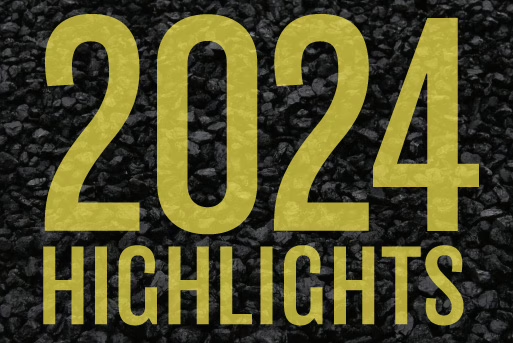
Major wins of 2024
December 28th 2024
Over the past year, we’ve secured some massive victories. By taking part in our digital actions, supporters sent over 26,000 messages to the UK Government, MPs, Welsh Senedd members, Councillors, and companies to help consign coal to the history books in the UK…
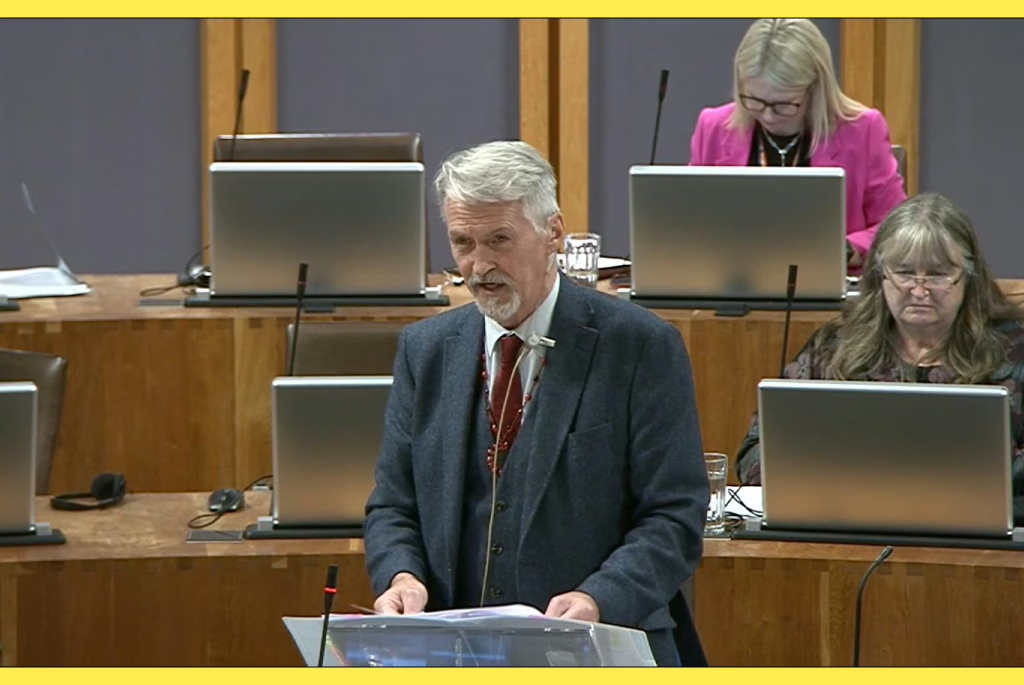
Disused Mine and Quarry Tips (Wales) Bill
December 23rd 2024
The Disused Mine and Quarry Tips (Wales) Bill (‘the Bill’) was prompted by a series of coal tip landslides that occurred in Wales following storms’ Ciara and Dennis in 2020, including a major landslide of a disused coal tip in Tylorstown…

Under pressure: Europe’s largest mining investment conference
December 20th 2024
As B Labs doesn’t seem bothered was the public says, we asked supporters to contact other B Corps – who are effectively B Labs customers. Almost 20,000 emails were sent to over 60 B Corp status companies, asking them to take a stand with us…
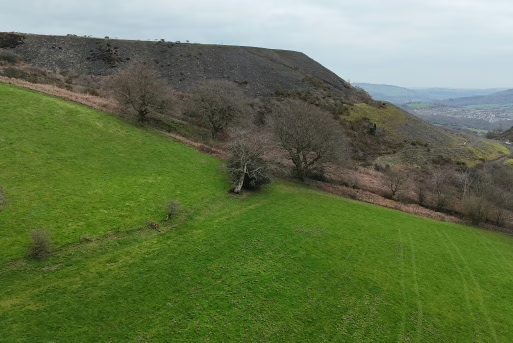
Coal tip remediation – not coal tip mining
November 27th 2024
The Welsh Government’s long-awaited Bill is expected to be presented to the Senedd before the end of 2024. The very recent Cwmtillery tip slip will make this Bill a more politically charged issue. It will also raise scrutiny over whether measures…
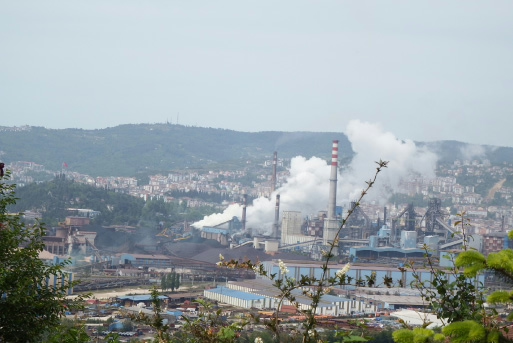
Türkiye’nin Kömür Kullanımına Devam Etmesi
November 19th 2024
Kömür Eylem Ağı (Coal Action Network), 2024 yılında Türkiye kömür endüstrisini araştırdı. Bu makalede, bulgularımız ve Türkiye’deki kömür, hava kirliliği, Rusya savaşı ile karbonsuzlaştırma arasındaki ilişkiler inceleniyor.

e-action to stop this year’s Mines and Monday Conference
November 18th 2024
Last December in London, the CAN team protested with other climate campaigners for two days in freezing temperatures outside one of the world’s biggest events funnelling investment into expanding mining globally. The ‘Mines and Money Conference’ held in London’s Business Design Centre connected investors with projects and companies responsible for human rights abuses, ecocide, and fuelling climate chaos…
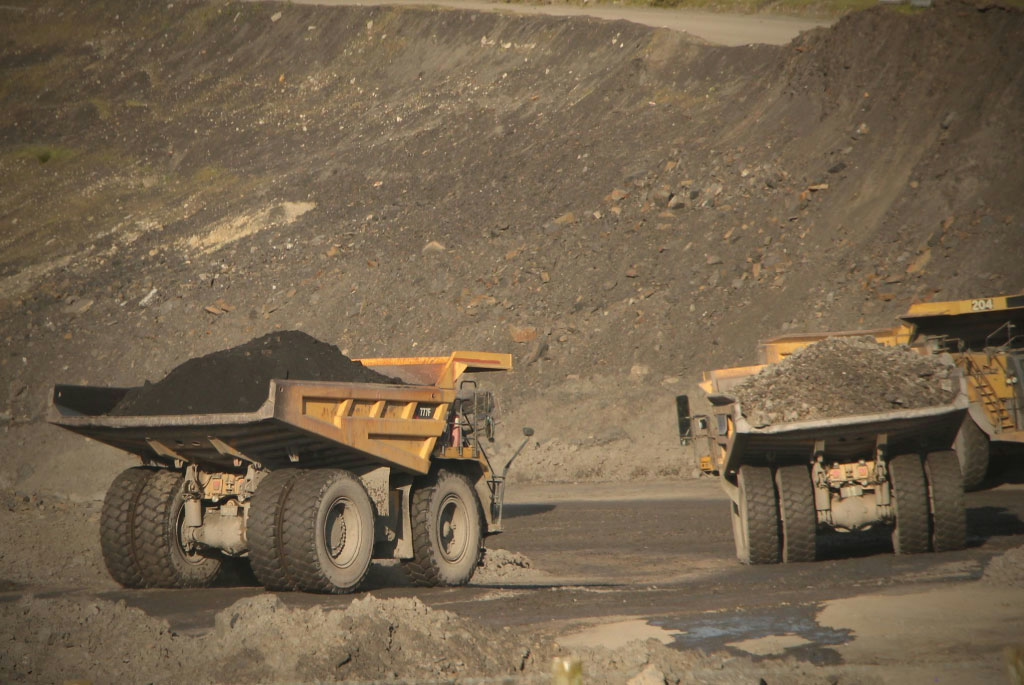
UK Government makes it official: coal mining no more
November 15th 2024
The UK Government has laid a Written Ministerial Statement confirming that it will introduce legislation to “restrict the future licensing of new coal mines”, by amending the Coal Industry Act 1994, “when Parliamentary time allows”. The UK Government’s press release is entitled “New coal mining licences will be banned”. Here at Coal Action Network, we thinks it’s great that the UK Government is following…










